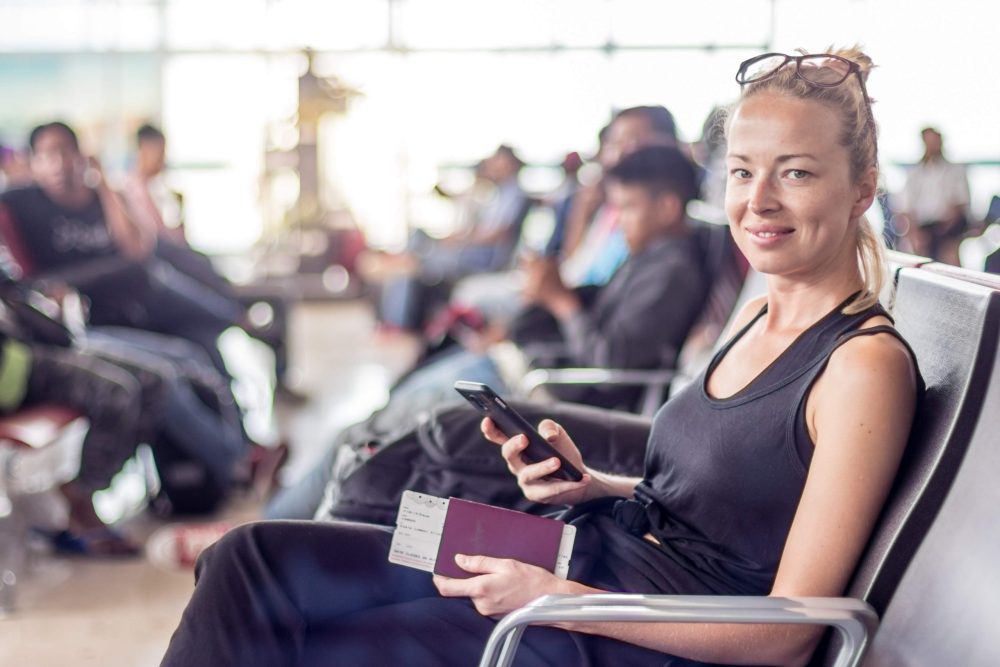The 2019-nCoV coronavirus has become one of the biggest threats in the travel industry not only in Vietnam but around the world as well. It has so far affected various sectors in the industry, including aviation, hospitality, tourism, tours, etc.

This summer, the New Immigration Laws of Vietnam (2020) are said to undergo major changes. In doing so, they hope to attract more foreign visitors while still making sure that illegal workers and criminals won’t be able to get into the country.
Lieutenant Colonel Nguyễn Văn Minh, who is from Vietnam’s Dept. of Immigration, has told Viet Nam News that the major changes affecting the Immigration Laws will include giving tourists temporary permits, as well as visa exemptions, and the ability to change their visa status.
Beginning July 1, foreign visitors will be stamped temporary residence visas on their passports upon arrival. This will be based upon the duration of their visas. They hope that this can lessen the burden on foreign visitors holding visas valid for more than 12 months. It’s because based on the current laws, they are required to request an extension of residence permit even though their visas are still valid, which they find really inconvenient.
Furthermore, visitors who are on a tourist visa are required to process a lot of paperwork when extending their stay. Tourists holding a 30-day tourist visa will be given a temporary residence stamp that’s only good for 30 days. They will have to process a lot of paperwork to request for another residence stamp. This can cause a lot of inconvenient on their part.
Foreign tourists can still apply for a visa that’s valid for three months. However, their passports must be stamped with a residence permit after every 30 days. This should cost them $10 each time, or equivalent to 230, 000 Vietnamese Dong.
Tourists are allowed to request for an extension once or several times. However, their maximum stay in the country should only be 90 days. After this, they must make sure to leave the country. If they want to go back to Vietnam, they will have to apply for a new visa again. This is the Immigration’s way of preventing foreigners from working illegally while in the country.
It’s truly very unfortunate that there are some tourists who are taking advantage of the 3-month tourist visa. They would take up jobs while in the country even though this is a clear violation of Vietnam’s Immigration Laws. There are also those that will use the long-term visa to engage in criminal activities in the country.
Lieutenant Nguyễn Văn Minh also urged foreigners to apply for the Vietnam Electronic Visa or E-visa. He said that the e-visa, which can be applied online, is an easier and quicker way of getting a visa. The traditional visa will have to be obtained from a Vietnam embassy and can take a long time. As of now, the Vietnam e-visa is available to citizens of more than 80 countries.
The new Immigration Laws also aim to address the concerns of citizens from around 13 countries. These are countries that were part of the unilateral visa waiver program, including Japan and South Korea. The other countries that were part of the unilateral visa waiver program are:
The old regulation requires people from these countries to wait for 30 days before they can re-enter. When the new Immigration Laws will take place, they no longer need to wait this long to come back to Vietnam. They will now be allowed to go back to the country at any time they want to. However, they will have to apply for a new visa to re-enter the country.
Another major change that will also take place as a result of the new immigration laws is that eligible foreigners can now change their visa status without having to go out of the country. The existing law would require them to get out of Vietnam if they plan on changing the status of their visa. This is something that many foreigners find troublesome.
In order to avoid misuse of the existing rules, the new immigration laws will also require foreign investors having a capital of less than 3 Billion Dong or around $130,000 USD, can only apply for a 1-year visa. However, those who have investment capital of at least 100 billion VND can get a temporary residence permit for 10 years. The current law states that foreign investors can apply for a 5-year visa regardless of the value of their investment.
All of these changes will be part of the amendments to Vietnam’s Immigration Laws on Entry, Exit, or Transit, including Foreign Residences. The country’s National Assembly has approved these new changes last November.
When these changes will take effect, the Vietnamese government is hopeful that the number of foreign visits will increase even further and boost the country’s tourism industry.

The 2019-nCoV coronavirus has become one of the biggest threats in the travel industry not only in Vietnam but around the world as well. It has so far affected various sectors in the industry, including aviation, hospitality, tourism, tours, etc.

Myanmar and Vietnam are two of the most popular countries to visit in Southeast Asia these days. Both countries are rich in historical and cultural attractions.

Here’s good news to foreign travelers visiting Vietnam. The country has now extended its visa exemption program for citizens of 13 more countries.

Recently, Vietnam’s National Assembly has called for an amendment to the current immigration law of the country (New Immigration Law of Vietnam). And for the first time, Vietnam’s Immigration has finally allowed foreign visitors to change their status while still in the country.

My name is Akio Hashimoto, and I am from Nagoya, Japan. I am an individual who loves to travel to different countries and their cities, experience their culture and heritage, and learn the traditions.

Professionally, my corporate world knows me better as Rishi Malhotra from Pune, India. And if you ask me why I’ve been here writing, I am going to share my visa on arrival experience to travel to Vietnam in this post.